The movement against conscription grows in the Druze community
Priscila Bellini*
The right to object to military service on grounds of conscience is protected under Article 18 of the Universal Declaration of Human Rights and Article 18 of the International Covenant on Civil and Political Rights, to which Israel is a signatory. Despite that, Israel continues to punish those who refuse. Serving in the army is mandatory for most Israeli Jews and groups such as the Arab Druze, while others such as Ultraorthodox Jews and other Arabs are not mandated to serve. Druze were conscripted into the army in 1956, due to a deal made by part of the Druze leadership, which forced them to serve by law. Since the bond between Israel and its army has been constantly reaffirmed, the fact that a majority of Druze joins the army becomes part of the process of their legal and social separation from other Arab citizens of Israel, though the conscription has always been controversial.
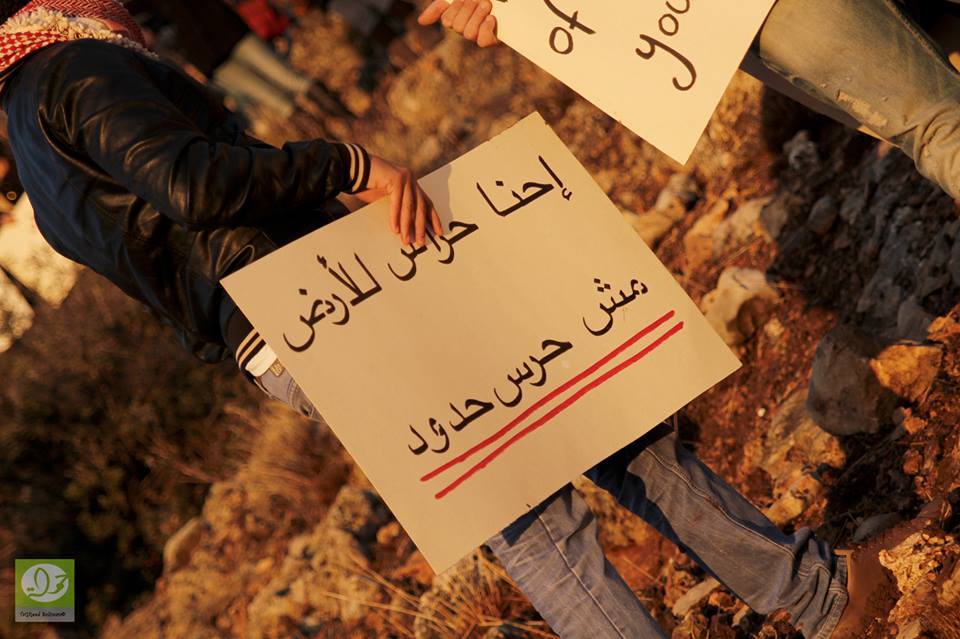
The Druze community was systematically and constantly segregated from other Palestinians, with a huge influence of Israeli policies. Their ID cards and many legal aspects, such as separate electoral in local municipality, reinforce the idea of a separated group and also reinforce their identity as a national one, not only religious. However, there are groups struggling to keep their identity as Arabs and associated with Palestine and its history. Maisan Hamdan, 22, from Isifya, is a member of the group “Refuse (your people will protect you)”, which supports those who want to refuse the military service. The group faces a lot of difficulties within the community because of its controversial refusal of military service. “Refuse” organizes demonstrations and campaigns to raise awareness and keep Druze identity alive as part of the Palestinian identity – a common phrase used in demonstrations is, “we are guards of our land, not guards in Israeli border police”. The movement has increased since the group started its activities in 2010 - and Maisan affirms that “since there are many guys refusing in public, we are working in double, so that people can know more about them and know that we can refuse”. A survey led by the University of Haifa in 2010 reveals that 64% of the Druze community does not agree with the conscription to the army – 47% believe in voluntary military service, and 17% believe that the conscription policy should be revoked.
Even the education system for Druze is different from other Arabs’ - and it has a strong Zionist influence that strengthens segregation. It presents a narrative that shows a positive image of the military and of conscription. Although Druze and other Arabs have the same culture and speak the same language, the .relationship between Druze and other Arab in some cases is disjointed. The resistance against the mandatory military service for men has grown - but there’s still a strong repression on those who refuse, due to the social pressure.
Objectors have always faced difficulty such as imprisonment for different periods of time and multiple incarcerations before having the permission to be exempted from military service. As this service is considered by Israelis to be an important part of citizenship, joining the army guarantees a distinct treatment for legal issues, such as the information in the ID cards (which specify the origin of the person as not Jewish nor Arab), more legal protection and equality in hiring, in addition to other kinds of benefits. Even though the treatment is different from other Arabs, Druze still face discrimination inside the army, being prohibited to join the Air Force and not achieving the highest positions because of discrimination. If compared to Jewish when it comes to benefits, Druze have a poorer educational system and their villages do not have the same infrastructure, as a clear sign of discrimination. By separating Druze from other Arabs, the compulsory military service is one of the Israeli policies which stimulate sectarianism among Palestinian Israeli citizens.
There are a number of Zionist Druze groups that work to spread nationalistic and Zionist values. The Zionist Druze Circle has supported the Israeli army and conscription since the 70's. The Druze Zionist Youth Conference had approximately 1700 youth participants. Not only are Druze from their childhood educated to be part of the militarized state, but these Zionist groups are very influential in the community. What often happens in the army, such as human rights abuses like harassment, home demolitions, and varying treatment based entirely on ethnicity have caused strong criticism of the Israeli military.
Young men like Omar Saad refuse the military service publicly, in order to expose the segregation and oppression of Arabs who live in Israel. In an interview for Israel Social TV he explains why he doesn’t want to serve in the army and identifies himself as Palestinian. He explains to the reporters his own experiences at checkpoints where he witnessed race based violence and humiliation. Conscientious objectors, like Saad, refuse any contribution to the Israeli army for varying reasons such as, their identity is Palestinian, they do not agree with Israel’s policies, and/or they do not agree with their roles in the occupation to name a few.
The movement of those who refuse conscription and military service is increasing, despite the difficulties faced by activists who publicly voiced such opposition. Saad, one of the activists, writes in a letter to the Israeli government “[I] will not be fuel to your fire of war and not a soldier in your army”. This growing movement of Druze refusal of mandatory conscription shows a sharp shift in identification. Part of the Druze has historically aligned with Israel separating themselves from other Arabs. This appears as though it could be changing. Increased numbers of refusals and identification with the Palestinians shows a massive shift from the only Arab community allied with the Israeli state.
*Intern at Baladna – Association for Arab Youth
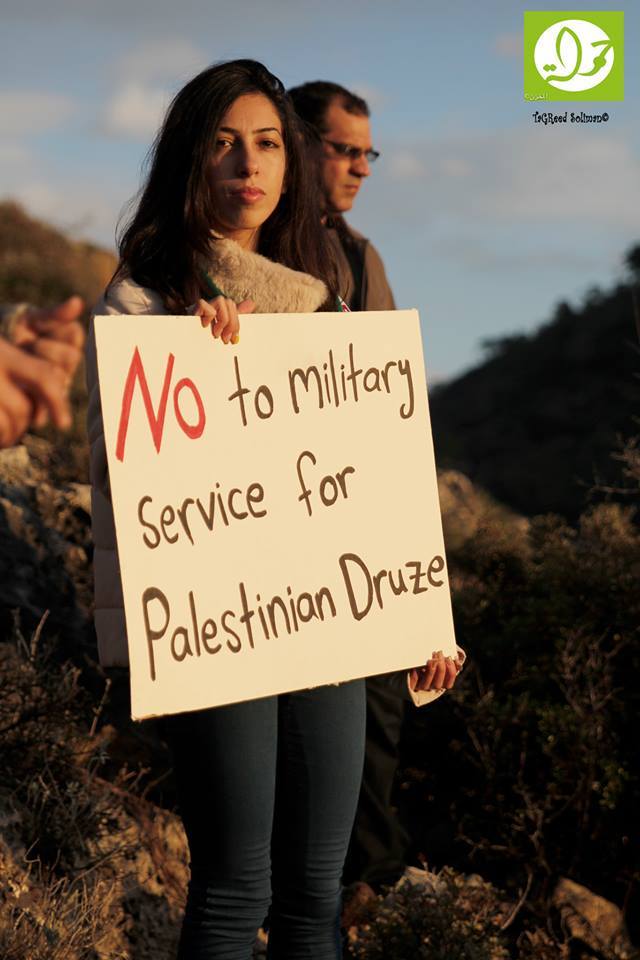
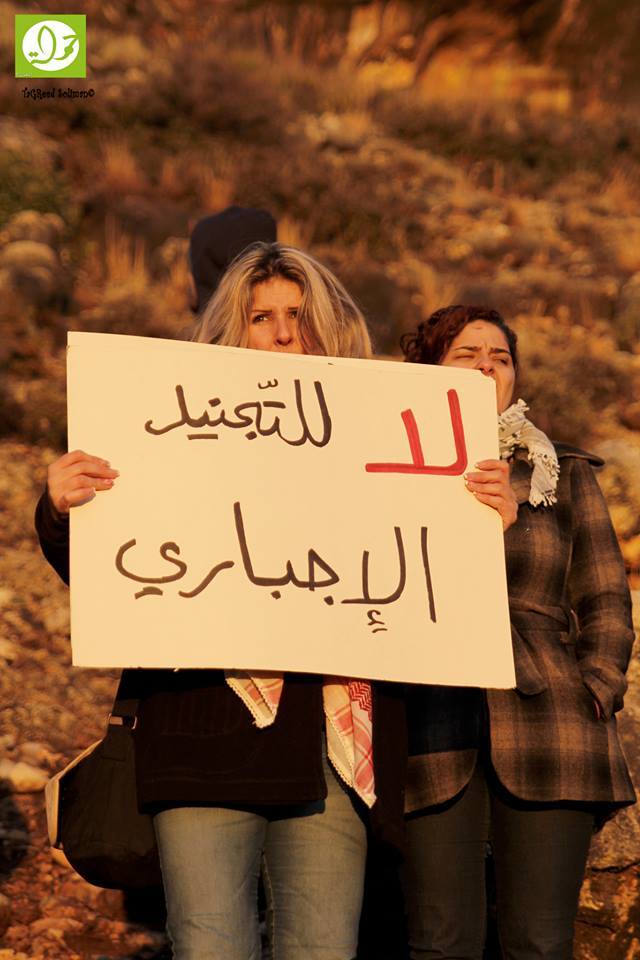
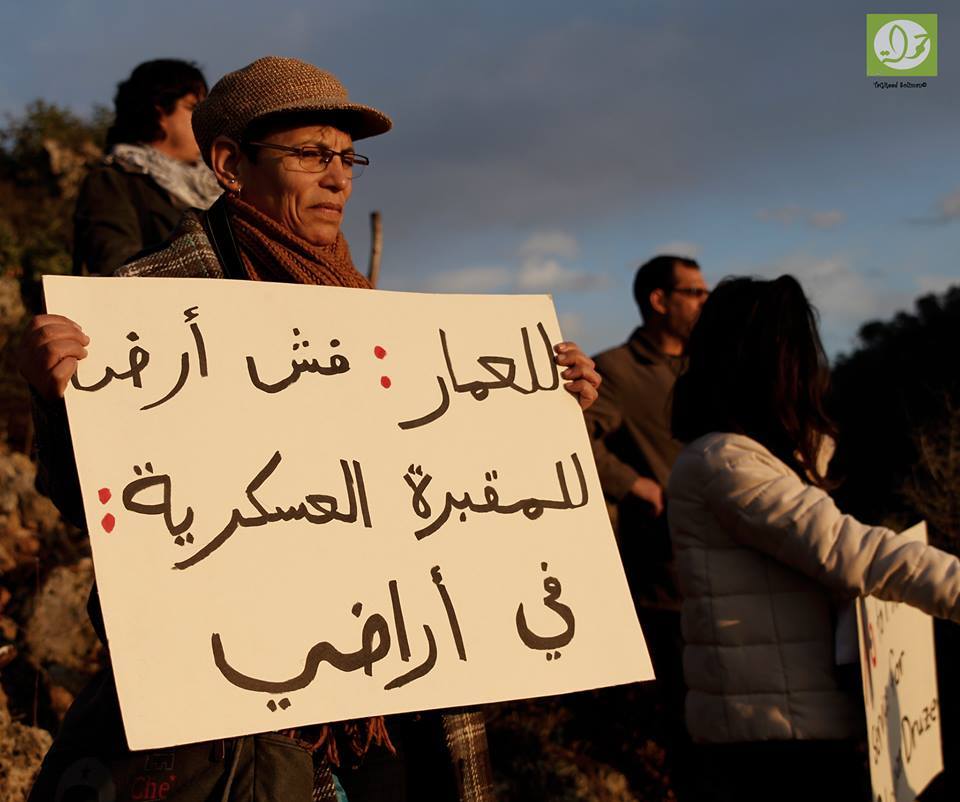
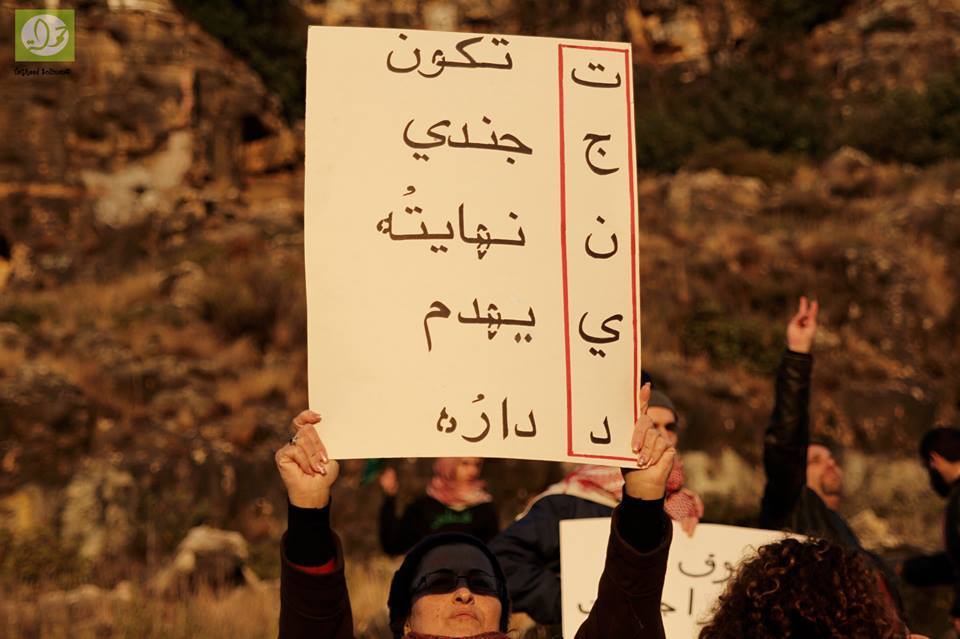




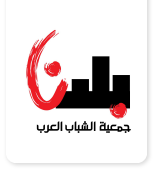


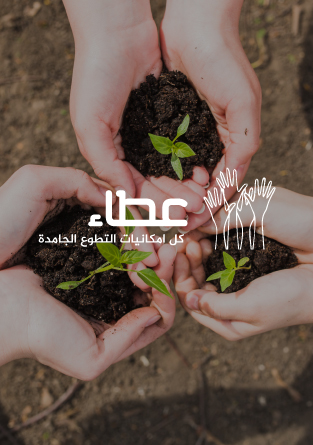

 فاكس 8523427-04
فاكس 8523427-04